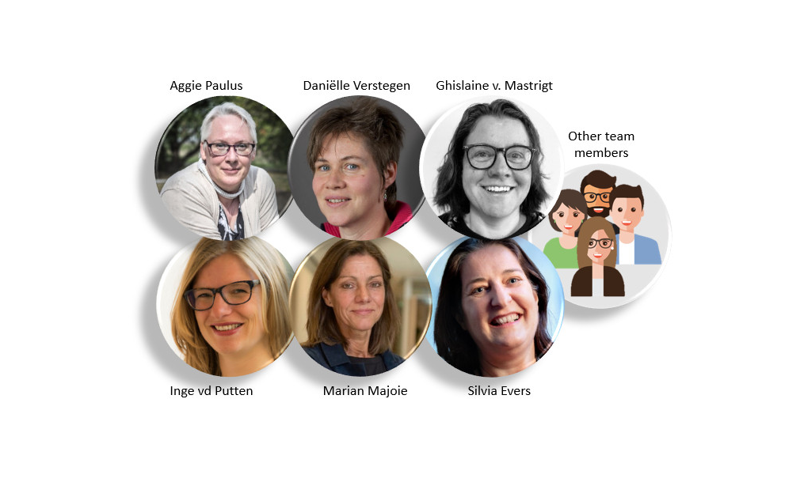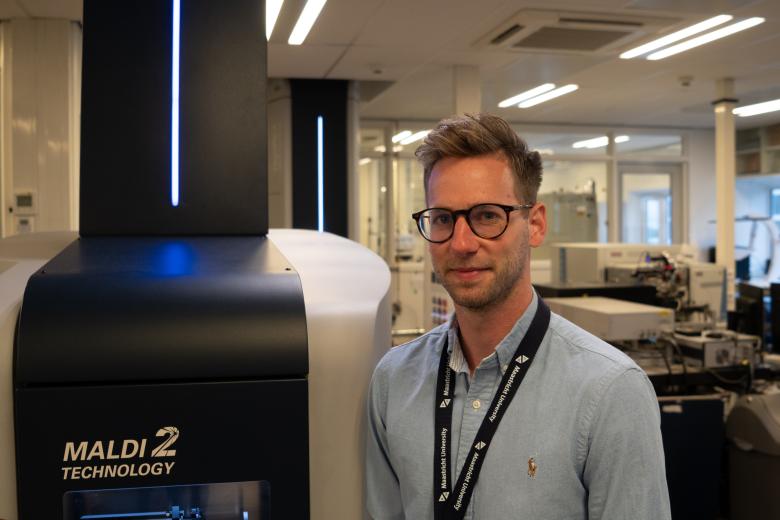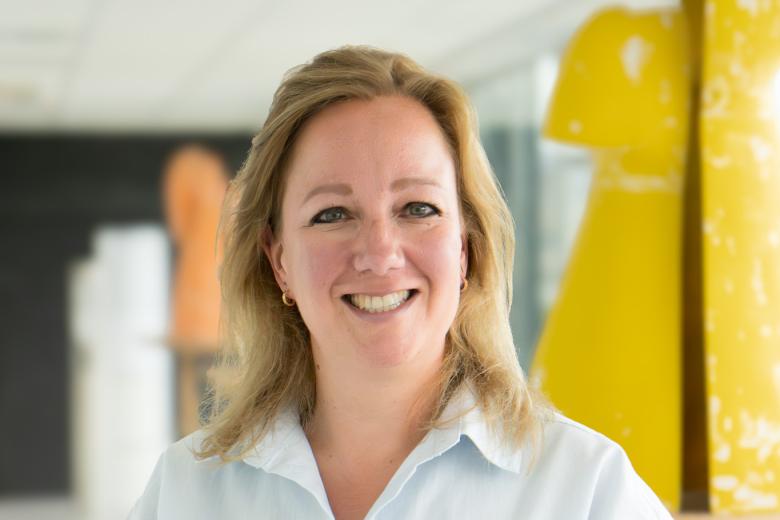Fruitful collaboration between SHE and CAPHRI results in another project on cost-conscious care
A ZonMw grant has been awarded to the project "Learning platform for guideline development: future-proof and sustainable". This 4 years project aims to develop a learning platform that can support and further standardize clinical guideline (developments) in different (para)medical fields, while also including cost-conscious care. The project is a joint effort of the Maastricht School of Health Professions Education (SHE) and the Care and Public Health Research Institute (CAPHRI), research line Creating Value-Based Health Care and the Academic Center of Epileptology Kempenhaeghe Maastricht UMC; in close collaboration with the Knowledge Institute of the Dutch Association of Medical Specialists (KIMS).
Fruitful collaboration between SHE and CAPHRI
The grant application does not stand on its one. Researchers from SHE and CAPHRI (core team Aggie Paulus, Daniëlle Verstegen, Ghislaine van Mastrigt, Inge van der Putten, Marian Majoie, Silvia Evers, and many others) have been working together for several years resulting in national and European grants (ERASMUS+), building up a national and international consortium, and an extensive line of research.
In monthly meetings these experts discuss how to reach Cost-Conscious Healthcare (CoCoCare) by training and teaching health care professionals and other stakeholders. More information on this collaboration, can be found here.
High-Value, Cost-Conscious Healthcare explained in a video
About the ZonMw project "Learning platform for guideline development"
Clinical guidelines are an important steering instrument with regard to the content of care and are intended to support the decision-making process between patient and healthcare professionals in the consultation room. Despite the major effect these guidelines have on the behavior of healthcare professionals, we rarely see their development, application and implementation addressed in (para)medical training programs or education. There are also differences in the way in which clinical guidelines are established between the various guidelines-developing organizations and (para)medical professionals. The aim of the project is to develop a learning platform that can support and further standardize these guideline developments. The project is also aiming at involving all different types of healthcare professionals more closely in the development of guidelines. This increases the efficiency of guideline development and contributes to the awareness and support for guidelines. As result it is expected that adherence to clinical guidelines will increase.
The CoCoCare Team

Also read
-
Weighing molecules and solving problems
Michiel Vandenbosch works in mass spectrometry: identifying the composition of a substance based on the weight of its molecules.

-
Early and reliable asthma diagnosis in young children
What can exhaled air tell us about asthma in young children? Edward Dompeling explains his research in this video.

-
Mariëlle Heuts: deputy director Faculty of Health, Medicine and Life Sciences
Mariëlle Heuts joined the Faculty of Health, Medicine and Life Sciences as Deputy Director on 1 May 2025. She sees her previous work experience in various management and advisory roles at APG, Loyalis and Vodafone come together in her new position at our faculty.
